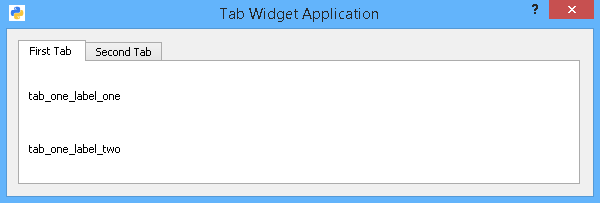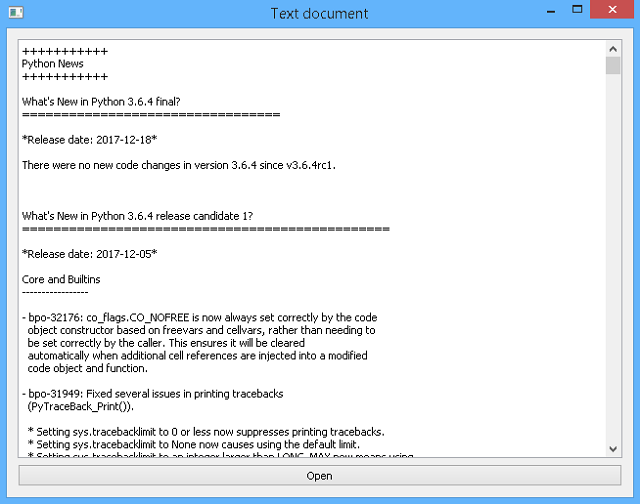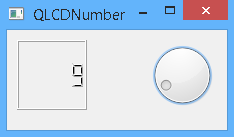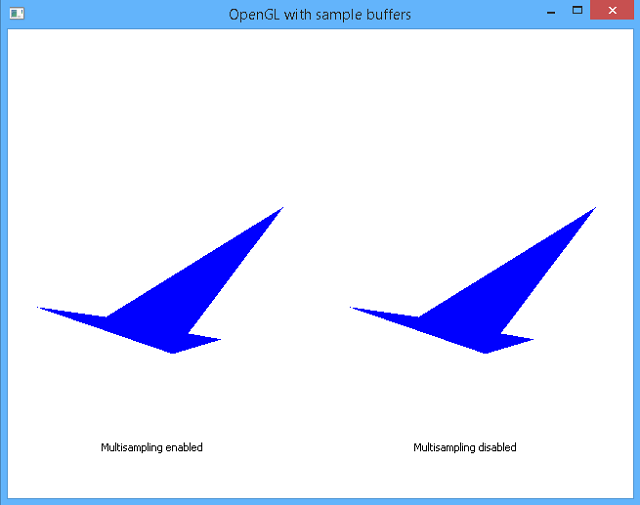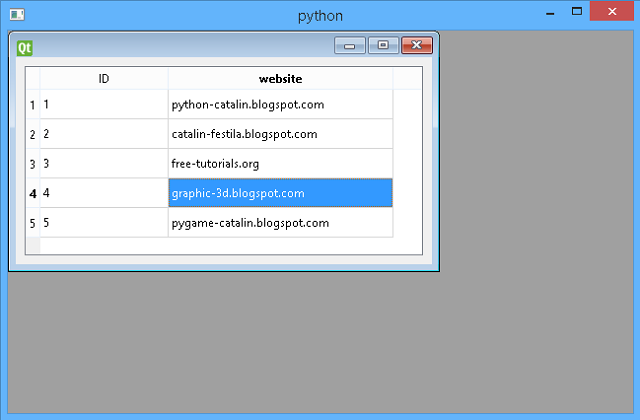The main goal of this tutorial is to see where you can use the style issue.
I used just one edit and one button to have a simple example.
The result of my example is this:
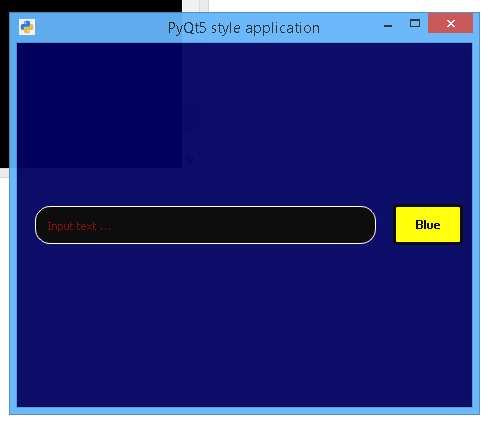
The example start with a simple application with QPushButton, QLineEdit.
Is more simple to use a class for the button because we need to create a different style for each action: enterEvent or leaveEvent and so on.
You can see I used QFont to change the font from button.
This class is named Push_button and will be used like any QPushButton from default PyQt5 examples.
We can do this for any widget and change it with setStyleSheet.
Another part of the code is for QLineEdit.
This can be changed easily with setStyleSheet, first with the default of this and make other changes when you need.
The source code has an QGridLayout to help us to align the widgets.
Let's see the source code:
from PyQt5 import QtWidgets, QtGui, QtCore
from PyQt5.QtCore import pyqtSignal
font_button = QtGui.QFont()
font_button.setFamily("Corbel")
font_button.setPointSize(10)
font_button.setWeight(100)
class Push_button(QtWidgets.QPushButton):
def __init__(self, parent=None):
super(Push_button, self).__init__(parent)
self.setMouseTracking(True)
self.setStyleSheet("margin: 1px; padding: 10px; \
background-color: \
rgba(255,255,0,255); \
color: rgba(0,0,0,255); \
border-style: solid; \
border-radius: 4px; border-width: 3px; \
border-color: rgba(0,0,0,255);")
def enterEvent(self, event):
if self.isEnabled() is True:
self.setStyleSheet("margin: 10px; padding: 10px; \
background-color: \
rgba(255,255,0,255); \
color: rgba(0,0,10,255); \
border-style: solid; \
border-radius: 8px; \
border-width: 1px; \
border-color: \
rgba(0,0,100,255);")
if self.isEnabled() is False:
self.setStyleSheet("margin: 10px; padding: 10px; \
background-color: \
rgba(255,255,0,255); \
color: rgba(0,0,10,255); \
border-style: solid; \
border-radius: 8px; \
border-width: 1px; \
border-color: \
rgba(0,0,100,255);")
def leaveEvent(self, event):
self.setStyleSheet("margin: 10px; padding: 10px; \
background-color: rgba(0,0,0,100); \
color: rgba(0,0,255,255); \
border-style: solid; \
border-radius: 8px; border-width: 1px; \
border-color: rgba(0,50,100,255);")
class QthreadApp(QtWidgets.QWidget):
sig = pyqtSignal(str)
def __init__(self, parent=None):
QtWidgets.QWidget.__init__(self, parent)
self.setWindowTitle("PyQt5 style application")
self.setWindowIcon(QtGui.QIcon("icon.png"))
self.setMinimumWidth(resolution.width() / 3)
self.setMinimumHeight(resolution.height() / 2)
self.setStyleSheet("QWidget { \
background-color: rgba(0,0,100,250);} \
QScrollBar:horizontal {width: 1px; \
height: 1px; \
background-color: rgba(0,100,255,0);} \
QScrollBar:vertical {width: 1px; \
height: 10px; \
background-color: rgba(0,41,59,255);}")
self.linef = QtWidgets.QLineEdit(self)
self.linef.setPlaceholderText("Input text ...")
self.linef.setStyleSheet("margin: 10px; padding: 10px; \
background-color: \
rgba(0,0,0,255);\
color: rgba(255,0,0,255); \
border-style: solid; \
border-radius: 15px; \
border-width: 1px; \
border-color: \
rgba(255,255,255,255);")
self.my_button = Push_button(self)
self.my_button.setText("Blue")
self.my_button.setFixedWidth(72)
self.my_button.setFont(font_button)
self.my_grid = QtWidgets.QGridLayout()
self.my_grid.addWidget(self.linef, 0, 0, 1, 220)
self.my_grid.addWidget(self.my_button, 0, 220, 1, 1)
self.my_grid.setContentsMargins(8, 8, 8, 8)
self.setLayout(self.my_grid)
if __name__ == "__main__":
import sys
app = QtWidgets.QApplication(sys.argv)
desktop = QtWidgets.QApplication.desktop()
resolution = desktop.availableGeometry()
myapp = QthreadApp()
myapp.setWindowOpacity(0.95)
myapp.show()
myapp.move(resolution.center() - myapp.rect().center())
sys.exit(app.exec_())
else:
desktop = QtWidgets.QApplication.desktop()
resolution = desktop.availableGeometry()
